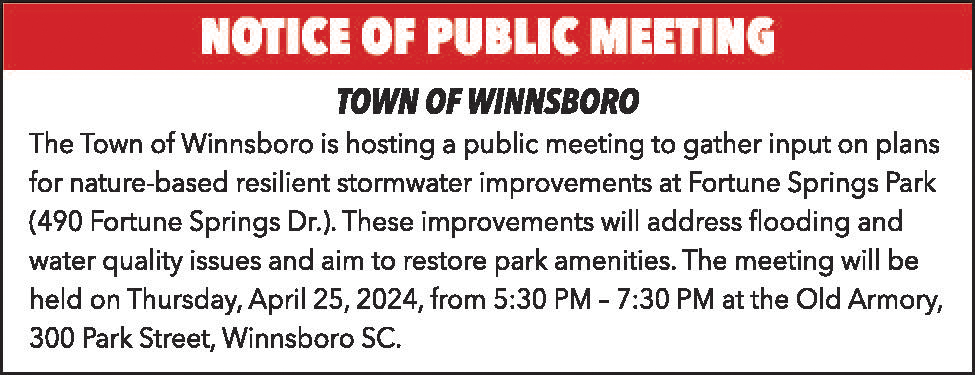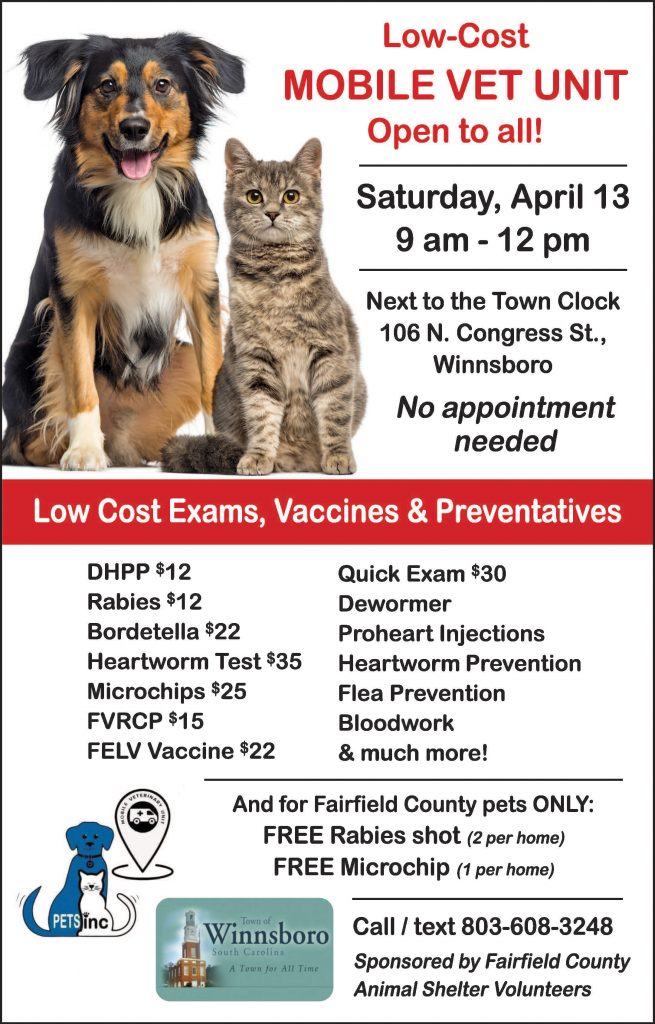COLUMBIA – Crickentree residents appeared before the Richland County Planning Commission on Monday to protest the rezoning of the failed Golf Course of South Carolina from Traditional Residential Open Spaces (TROS) to medium density residential use (RS-MD). The golf course shares a border with Crickentree.
After hearing from 13 of approximately 75 Crickentree residents in attendance, the Commission voted 7-1, against the County planning staff’s recommendation for the Commission to approve the rezoning.
But the win is only the first step in the residents’ effort to defeat the rezoning bid. The Commission’s recommendation of disapproval now goes to County Council which will hold three readings (votes) on the issue.
Foreclosure
Foreclosed on last August, the golf course property is now owned by Texas investment firm E-Capital. At issue is whether council will leave the TROS zoning and the rural environment of Crickentree in place or replace it with a zoning classification (RD-MS) that county staff says complies with the county’s comprehensive land use plan and that allows up to 600 or so homes to be built on 8,500 square foot lots.
Residents argue that while the proposed medium density zoning might comply with the comp plan, medium density and its uses are not consistent with that of the established and proposed developments of adjacent and nearby subdivisions.
The TROS ordinance was passed by Council in 2007 when golf courses in Richland County began to struggle financially, and developers were eying them for residential development. The purpose of TROS, according to the ordinance, was to ensure “the preservation of conservation, recreation, and/or open space; and to lessen the diminution of property values from the loss of open space commonly provided for in a community; and to provide opportunities for improved public and/or private recreation activities; and to provide for a community-wide network of open space, buffer zones and recreation spaces.”
For those reasons, residents speaking on Monday asked Commissioners to leave the TROS zoning in place.
Attorney Robert Fuller, representing E-Capital, laid out a plan for the property to be developed under medium density zoning, but promised that no more than 237 homes would be built, not the 600 or so allowable under that zoning classification. He also promised there would be a 150-foot tree and landscape buffer separating the proposed new homes from the large-lot Crickentree.
Fuller said of the 237 homes, only 90 would be built on 8,500 square foot (medium density) lots and that the remaining 140 would be built on 12,000 square-foot (low density) lots.
Commissioner Heather Cairns interrupted Fuller’s presentation to clarify what she said was the commissioners’ responsibility in considering the request.
“I want to remind us [commissioners] that while a plan is being given to us [by Fuller], that [plan] is not what we are to consider,” Cairns said. “What we are [to consider] is, ‘Should 186 acres be rezoned into something that’s allowing 8,500 square-foot lots over its entire existence?’”
She said the Commission cannot approve zoning based on a promised development plan.
“I appreciate the drawings,” Cairns said to Fuller. “but that is not something we can even decide.”
Plans and Promises
Residents addressing the Commission agreed.
“Proposed and planned are the key words,” resident Carol Lucas said. “We can’t bind them [to those limitations]. A developer could purchase the property and build [more] homes. “
“The promises made to the community [by the land owner] are not enforceable by the county,” Deborah Real reminded Commissioners.
Resident Russell St. Marie challenged Fuller’s promise for how the property would be developed.
“E-Capital is on record that they have no intention of developing this property,” St. Louis said. “They merely want to change the zoning and sell it to a developer.”
Resident Iris St. Marie said that when she and her husband purchased their golf course lot in Crickentree, the 2015 comprehensive land use plan presented a very different 20-year future.
“It likened TROS to conservation. Subdivisions that were planned for commercial or residential development were discouraged in TROS,” St. Marie said.
Arguing for TROS
Many of the residents claimed that the current TROS ordinance indicates that the County wants the land to remain as recreational, open space, that TROS is a protective ordinance.
Resident Michelle Kelly went further, saying that TROS was meant to protect the property owners and surrounding property values.
Iris St. Marie referenced an article that she said quoted the County’s zoning director Geonard Price as saying: “The intent for TROS was not to include developable land, but to protect the golf course within the community.”
Commissioner David Tuttle disagreed, saying that he was in the room when TROS was being worked out. He said prior to TROS, if a golf course was no longer used for a golf course, it automatically reverted to the underlying (previous) zoning without going through a notification or rezoning process.
“The protection implemented by TROS was to create a barrier whereby you have to go through certain notification and rezoning steps to rezone,” Tuttle said. “It was never meant to be a permanent zoning.”
“So was TROS designed to protect golf courses?” Commission Chairman Stephen Gilchrist asked Price.
After a pause, Price responded, “I’m unable to answer that.”
Gilchrist later asked Price if TROS was designed to protect open space.
“Yes, according to the purpose statement [of the TROS ordinance],” Price said, quoting from the statement, “…in order to insure preservation of conservation, recreation and open space.”
Cairns also clarified that TROS pertains to golf courses with a neighborhood component, not to golf courses in general. While Cairns said she could support some level of residential zoning for the golf course, she could not support the level of medium density.
“When other people’s property that you reap benefit from changes, it’s a bad day,” Cairns said.
Commissioner David Tuttle made a motion to approve the requested zoning, but that motion died for lack of a second. Commissioner Beverly Frierson then made a motion to recommend that Council disapprove the requested RS-MD zoning. That motion passed 7-1 with Tuttle voting against.
The next meeting is a public hearing before County Council set for April 23 in County Council chambers at 2020 Hampton Street. That is the only meeting where residents will be allowed to address the issue.










